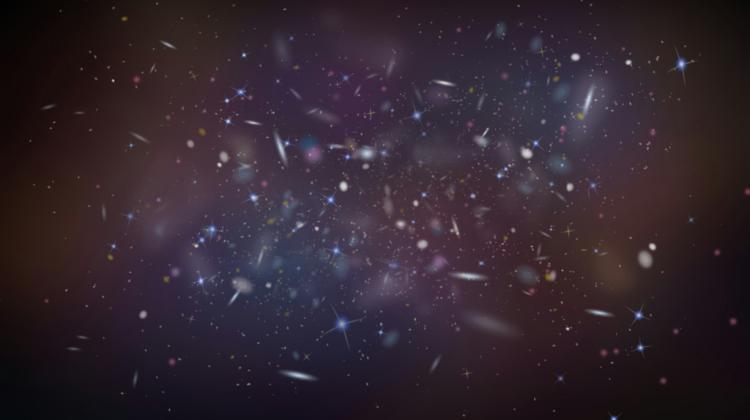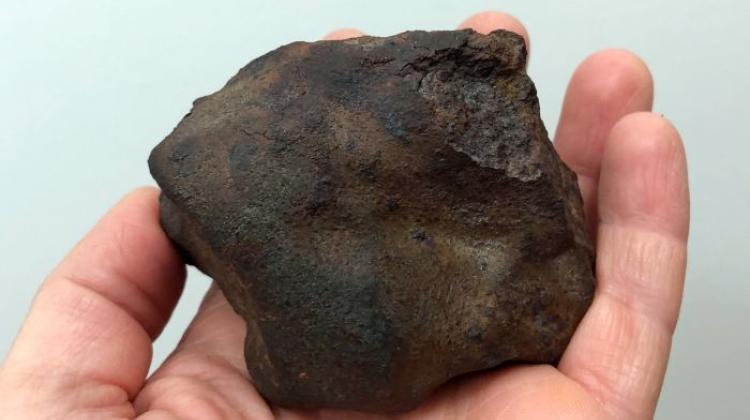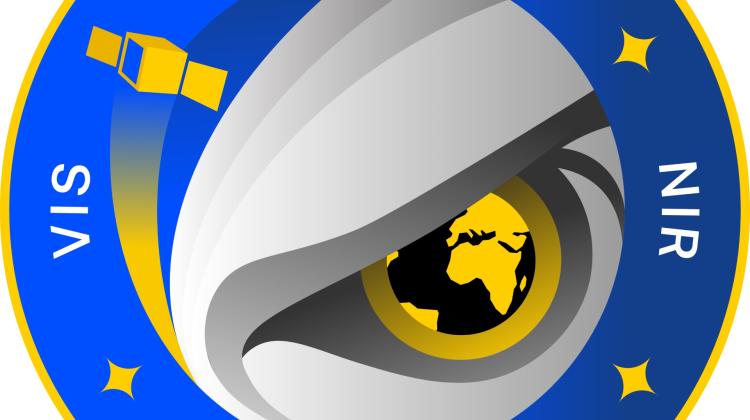Internet users will help unravel the mysteries of the universe
 Photo: Fotolia
Photo: Fotolia
What will the stars look like in the future, what did they look like millions of years ago, is the Earth in peril? Our home computers can help answer these questions. Scientists want to use their power to perform calculations and simulations of the cosmos.
In their computer simulations, scientists from the University of Warsaw Astronomical Observatory solve the fundamental problems of the universe, studying which in a laboratory is impossible. Computer calculations allow to see, for example, how a selected star, or a stellar populations in a galaxy functions right now. "Such modelling can be performed for 1 million, 10 or 100 million stars, depending on what we want to study: which galaxy or star system" - told PAP leader of the team of scientists Prof. Krzysztof Belczyński from the University of Warsaw Astronomical Observatory.
What\'s more, the work of his team can take us "back to the past". "We can go back in time to the moment when the first stars began to form 12 billion years ago - and to see what they looked like back then" - said Prof. Belczyński.
Carrying out one research project, for example a simulation of one galaxy, takes about a month. "Calculating the evolution of a single star may take only a few seconds. It seems fast, but if you want to use a single computer to calculate the evolution of a galaxy, this would add up to years of calculations. We do our calculations on computers that have a thousand, a hundred thousand processors" - described the scientist.
To increase computer capacity and speed of performing calculations, the researchers prepared the program "Universe at home", with which they want to engage ordinary people, and in fact their computers, in performing calculations. Over 6 thousand people already participate in the project. "We want to use the computers of Internet users, because we need a very high power to calculate millions of stars" - said the astrophysicist.
"If a few thousand people share their computers with us, it would allow us to build a system comparable to a machines worth millions. If Internet users would be willing to help us, it would push science a little bit forward, quite cheaply" - he emphasised.
An average computer - said Prof. Belczyński - has from two to four processors. Computer cluster owns about a thousand and costs about 2 million zlotys. "If we attract a thousand people to the project in one year, we get computer power worth 2 million zlotys. It will allow to calculate 2-3 models of our galaxy within a year, or write 2-3 scientific papers" - described the scientist.
According to his estimates, in a large city, 2-3 million inhabitants - such as Warsaw - about a thousand people could become involved. "We are counting mainly on Polish users, but the project is also open to users worldwide" - he said.
How can a user join? Enter the public website: http://universeathome.pl/universe/ download free software and install it on your computer.
"When you write something on your computer, or browse the Internet, you usually use a few percent of its power. Our program will check how much computer power you use, and use the unused portion. It will perform our calculations in the background. You will not feel the computer slowing down, or even notice that something is happening. When the calculations are completed, they will be sent automatically to the University of Warsaw Astronomical Observatory. The software is licensed, tested, it will not hurt anyone" - Prof. Belczyński told PAP.
What can Internet users expect in return for lending their computing power, beyond the satisfaction from assisting the researchers? "We will present the data and interesting stories that we will have learnt through these calculations. Our helpers will receive special news about astronomy and, for example, astronomical screensavers" - said Prof. Belczyński.
PAP - Science and Scholarship in Poland, Ewelina Krajczyńska
ekr/ agt/ mrt/
tr. RL
Przed dodaniem komentarza prosimy o zapoznanie z Regulaminem forum serwisu Nauka w Polsce.


















